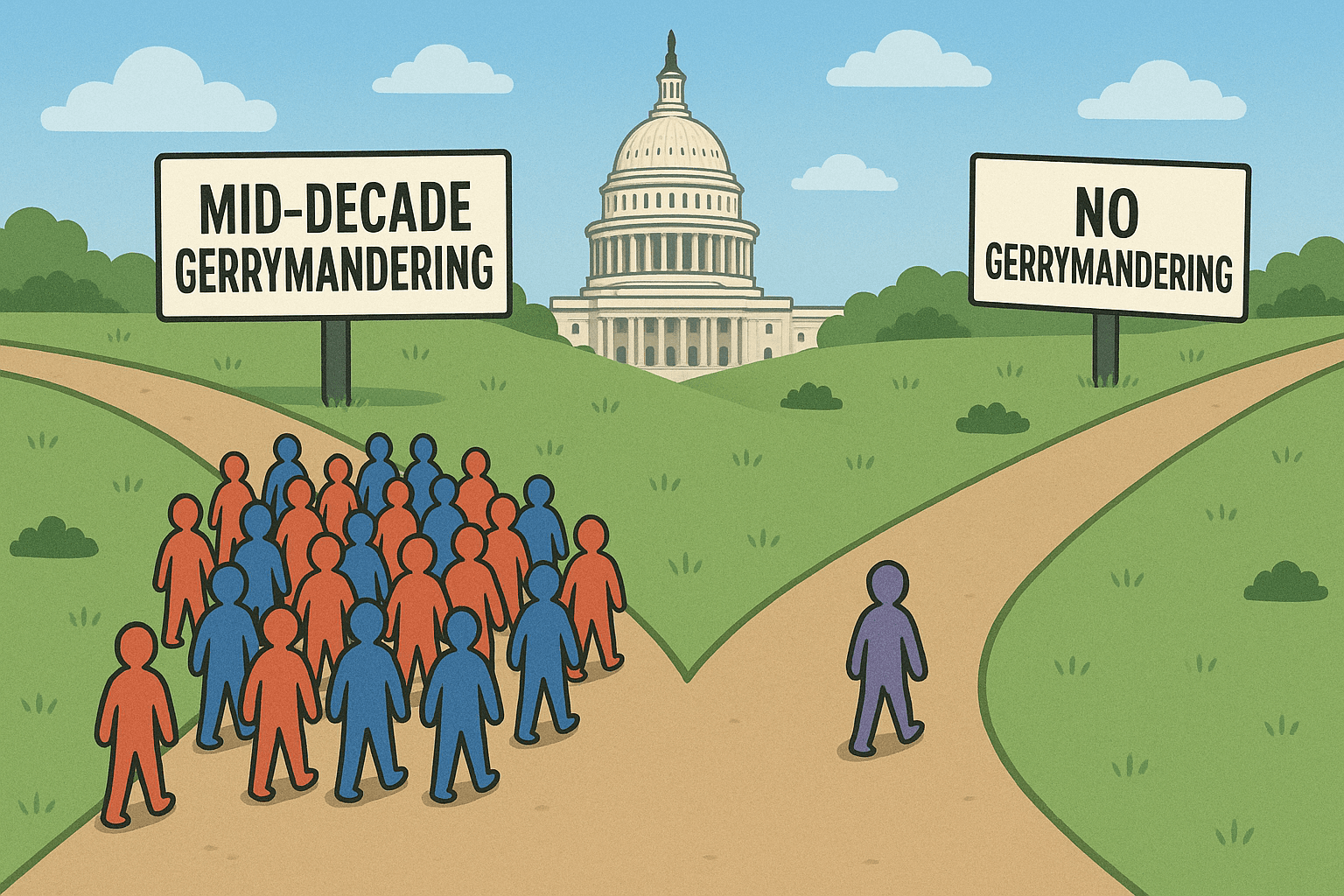'Outrage Addiction' is America's New Political Vice And It's Killing Independents

Looking at Google Ngram, the term 'manufactured outrage' is one that has evolved with the internet -- as internet usage has become more common, the concept has reached new heights of usage.
And in reality, this is part of what we have to accept with a 'free internet,' where information that fits our existing biases, appalls our sensibilities or morals, or fills our gaps of knowledge or awareness abounds instantaneously accessed through even our smallest of technological devices at a moment's notice.
It's been understood for a long time that an entire industry of media has evolved to keep people in a state of political outrage -- over 47 million daily 'users' in 2014, growing in size and reach each year.
But something seems to have changed -- it's become so much of a part of our daily information stream that we're addicted to being upset or outraged about something all of the time.
One of my personal favorite meme's is the simplest of statements: 'How to start a Facebook argument: Post something. Wait.'
And in reality, this plays out on social media on a daily basis -- someone is going to be angry about something all of the time, with political arguments often being the nastiest and most divisive.
John Lydgate's 15th century axiom has been destroyed. You really can't please all the people some of the time.
For several years, my answer to most political discussions has been 'it's not so simple.' And in reality, if we have a simplistic answer to our political woes, it's probably idealized nonsense that would have a perfect failure rate in the real world.
Real life is complicated.
But outrage needs a simple world -- after all, if we could just get rid of welfare, pollution, immigration, hydraulic fracking, corporate greed, religious extremists, abortion, transgender bathrooms, guns, and Common Core, life would be perfect.
Click-bait headlines and 30-second sound-bytes thrive on this, especially when the facts are spun around any number of particular viewpoints.
Independent candidates start campaigns at a disadvantage because of this outrage addiction -- both sides of the political duopoly have their pet issues and simplified views, while most independent campaigns have a difficult time actually explaining the fundamental issues, complicated problems, and unique independent solutions to the voters.
The politics of 'either-or' and 'for-against' have created a political atmosphere where issues are never really discussed by candidates, only their positions on the issues -- creating the subtle but important difference that nothing ever changes from a two-view stalemate with power that ebbs and flows each election cycle.
And there's only one answer to this -- a willingness to pause, consider the actual facts, and really think about today's issues.
Independent voters owe it to themselves to exit the cycle of outrage addiction. The issues our nation faces, issues that the two-party duopoly has failed to address, are too complicated for independents to be tempted by the allure, the narcotic-like effect of simplistic solutions only needing 'political will' to succeed.
It will be a 'hard sell' for independents to convince party voters that their ideas and solutions would work. And maybe that's a good thing -- independents going after the non-voters and the politically disengaged might actually be a better tactic.
But it will be an impossible sell if independents can't get past their own outrage addiction to the 'two-party duopoly has failed' mantra and start delving, really delving, into the issues America is facing on a daily basis.
Because that is where the political battle will be won or lost.




